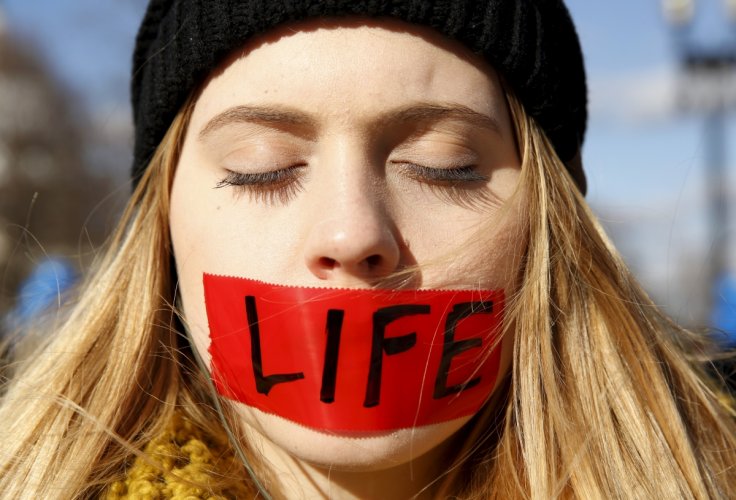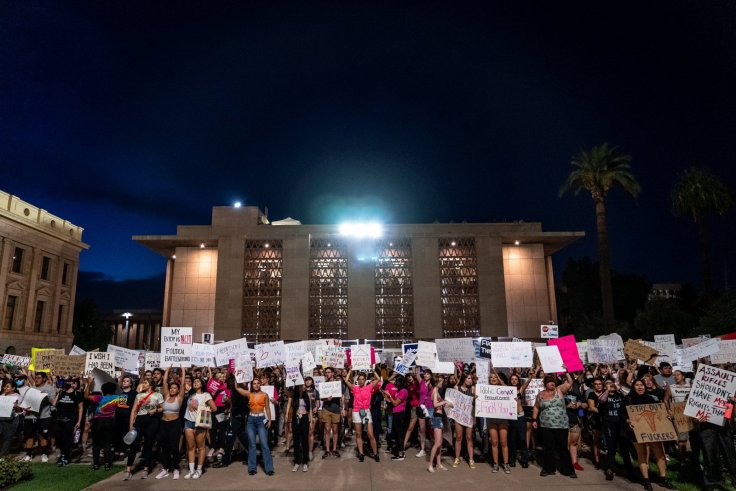The Australian Capital Territory (ACT) has become the first jurisdiction in the country to offer free abortions.
From Thursday, the ACT government will entirely subsidize medical abortion for Canberra women who are up to nine weeks' pregnant and surgical abortion for those who are up to 16 weeks of gestation, reports Xinhua news agency.
The Cost
The policy is part of the government's commitment announced in August 2022 to make reproductive healthcare more easily accessible.

According to government estimates, the program will cost A$4.6 million ($3 million) over the next four years.
It makes the ACT the first of Australia's eight states and territories to offer free abortions, with patients in the rest of the country facing out-of-pocket costs of up to A$700.
ACT Health Minister Rachel Stephen-Smith said the government was proud to offer the critical healthcare service without significant stress and financial impact.
Survey
"We're really proud that the ACT is becoming the first jurisdiction to provide people with free surgical and medical abortions for anyone who needs it, up to 16 weeks," she was quoted by the Australian Broadcasting Corporation (ABC) on Thursday.

It comes after a survey conducted by the territory's peak body for women's health, Women's Health Matters (WHM), uncovered significant barriers for Canberrans seeking abortions.
Of 90 people who participated in the survey, 12 were unable to access an abortion in the ACT.
"We've learned through our research how different barriers work together to make it really challenging to access what is a time-sensitive medical procedure," WHM chief executive Lauren Anthes said.









